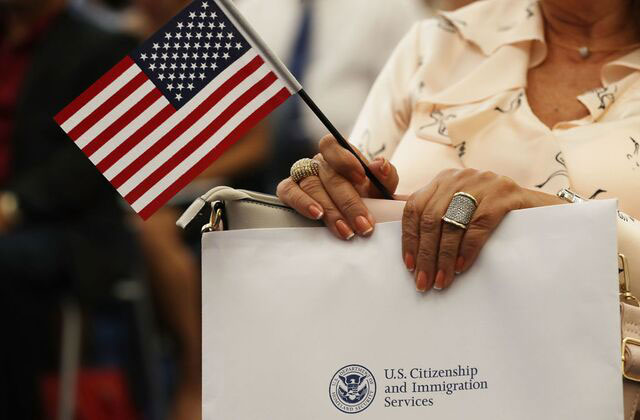Briefly About our Services
We provide essential services to assist lawful permanent residents (Green Card holders) in becoming U.S. citizens. These services help navigate the complex naturalization process, ensuring that all legal requirements are met.
Here are the key services that we offer:
1. Eligibility Assessment
2. Application Preparation
3. Legal Guidance
4. Interview Preparation
5. Representation
6. Handling Complications
7. Appeals and Motions
8. Oath Ceremony Assistance
9. Dual Citizenship Advice
10. Name Change Requests
These services ensure a smooth and successful path to U.S. citizenship, addressing any legal challenges and guiding clients through each step of the naturalization process.

